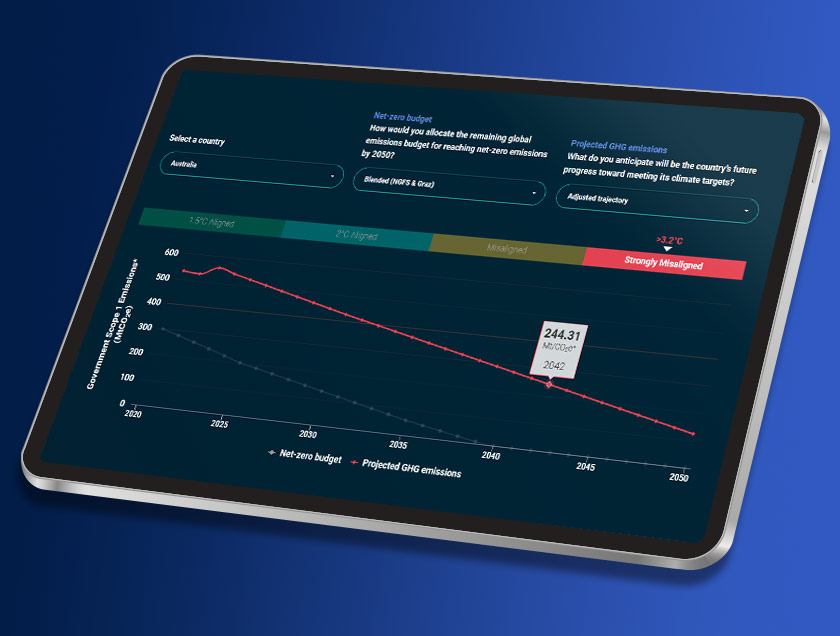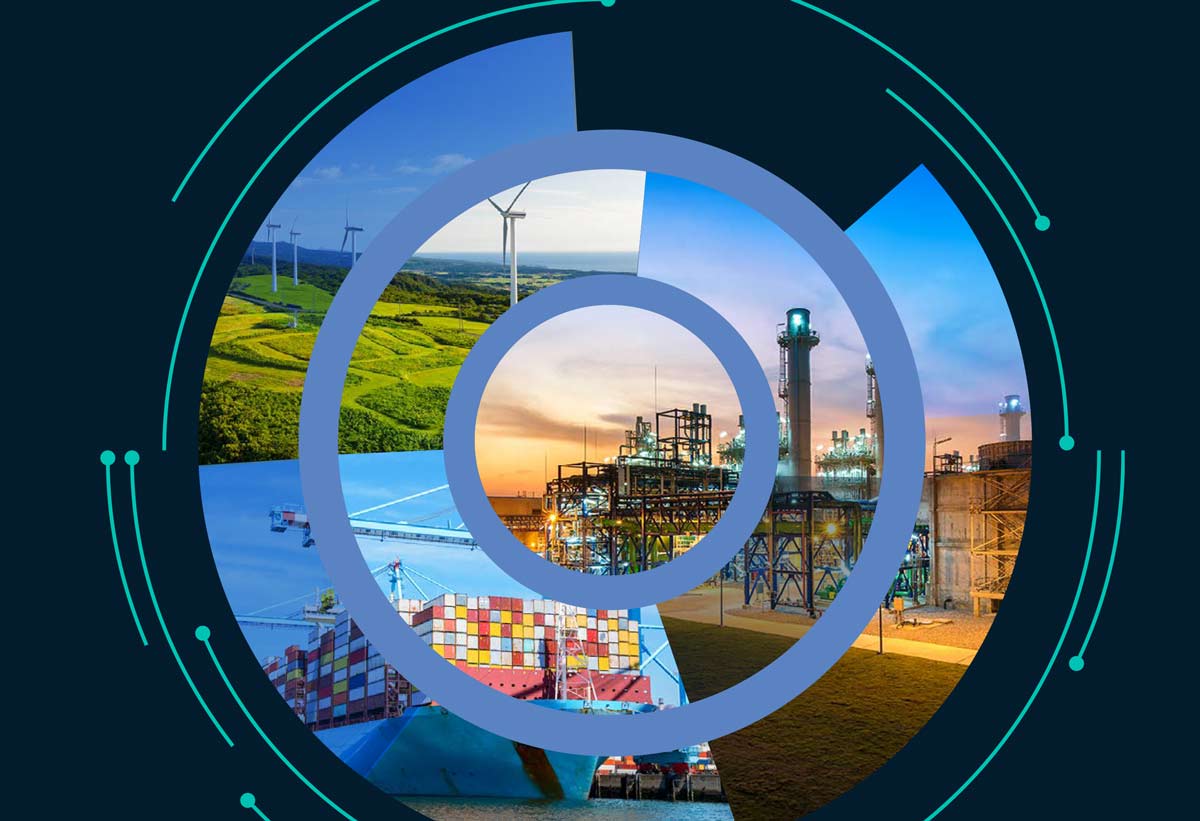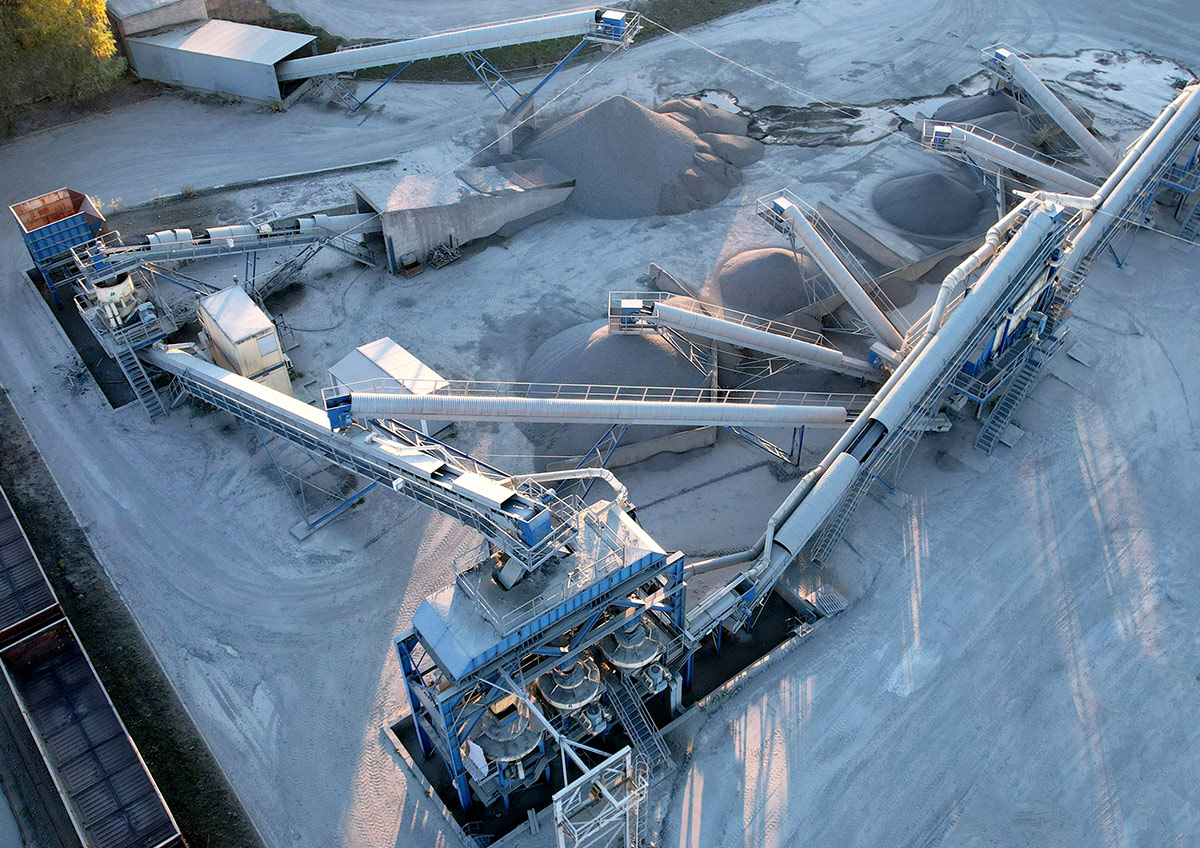Thursday marks a week since the start of COP28, which officially has five days to go.
With the COP28 presidency advocating for “the most ambitious outcome possible,” the remaining days are likely to see the most intense negotiations. At the same time, COP28 has already illuminated some pivots of priority for everyone who cares about scaling investment and finance for climate action. Here are seven of them.
All finance is climate finance
While the need to stop climate change is the headline topic in Dubai, the issues being debated on the ground cover energy, trade, food, health, nature, gender equality, democracy and more. For companies and investors, it suggests that stopping climate change is about addressing intertwining risks and opportunities. It’s about sustainable growth for the whole economic system.
Voluntary carbon markets are coming of age
COP28 has already triggered a series of announcements aimed at unlocking the use of carbon credits as a tool for driving decarbonization. They include commitments by accreditation bodies to align with protocols designed to promote integrity, as well as initiatives to use carbon credits to connect capital with climate investment in developing countries. Taken together, these and other efforts underway “will generate confidence on the supply side and more investment,” observes Guy Turner, head of MSCI Carbon Markets. “Things are starting to move.”
To increase climate ambition, add data
“If the financial system is not rebooting around climate, it’s for lack of data,” Hiro Mizuno, who previously managed Japan’s Government Pension Investment Fund, noted at an Institute roundtable on Wednesday. The events of the week, including Saturday’s launch of a proof of concept for a Net-Zero Data Public Utility, a free, standardized source of emissions data, underscores the point. Data also matters for analyzing companies’ climate progress and for attributing the impact of investments on the climate. “Data is the soil, the water and the sunshine for everything we’re doing,” my colleague Oliver Marchand, who heads MSCI’s Climate Risk Center, said on Saturday. “It’s a central component of the solution to climate change.”
A breakthrough on methane
Among the most consequential actions coming out of COP28 might be one that happened before it: the agreement by the U.S. and China to reduce emissions of methane, which is far more powerful at trapping heat than carbon dioxide. The COP28 presidency followed the announcement with a call for the oil and gas industry to zero-out methane emissions by 2030. The Biden administration unveiled final rules to limit methane flaring at oil and gas wells. Putting methane squarely on a path to net-zero would alone mark a standout achievement of the summit.
Policy is climate strategy
COP28 shows how powerful policy can be when it comes to channeling climate capital. The U.S. is on track to build enough battery capacity by 2030 for 13 million electric vehicles, in part because the Biden administration paired the Inflation Reduction Act with regulation on tailpipe emissions and fuel economy, Ali Zaidi, the White House national climate adviser, explained at a roundtable the MSCI Sustainability Institute hosted at COP28’s Global Climate Action Hub on Wednesday. “We would like more jurisdictions to adopt an investment-plus-standards approach, and for the private sector to ask government to set standards and ‘tie us all to the mast’ so that it can take the actions it needs to with less risk,” he suggested.
All hands on deck… including nuclear?
At least 22 nations, including the U.S., UK and France, pledged to triple nuclear power capacity by 2050, adding new life to a source of energy that many countries have for decades moved away from. The announcement boosts a new generation of reactor technologies that as the countries’ declaration notes, “could occupy a small land footprint and can be sited where needed.” Countries took care to note that nuclear is not a substitute for solar, wind and other renewables. But “you can’t get to net-zero without some nuclear,” John Kerry, the U.S. presidential climate envoy, observed. The declaration itself shows the push to reach net-zero is so urgent that we might need to include every viable alternative in the energy mix.
The fossil fuel era is ending, the fight is over when
The science tells us that reaching net-zero will entail “minimal use” of unbated fossil fuels if society aims to prevent the costliest warming. The wrangling at COP28 will be over when. The UAE brought 50 oil producers into an agreement on accelerating decarbonization, leveraging its clout with national oil companies to signal leadership in the clean-energy transition. Draft text on the table as of late Wednesday includes language calling for a phaseout of fossil fuels. There’s a battle ahead. The days to come will determine just how far and how fast fossil fuels could be down and out.
A week from now, we’ll know whether COP28 can achieve its goal of a dramatic correction toward a future of sustainable growth. An agreement, if reached, would arrive at the end of the hottest year on record. Nobody who has spent the last week trekking across the massive landscape of the COP28 grounds under a searing sun needs to be reminded of the urgency of the task.


